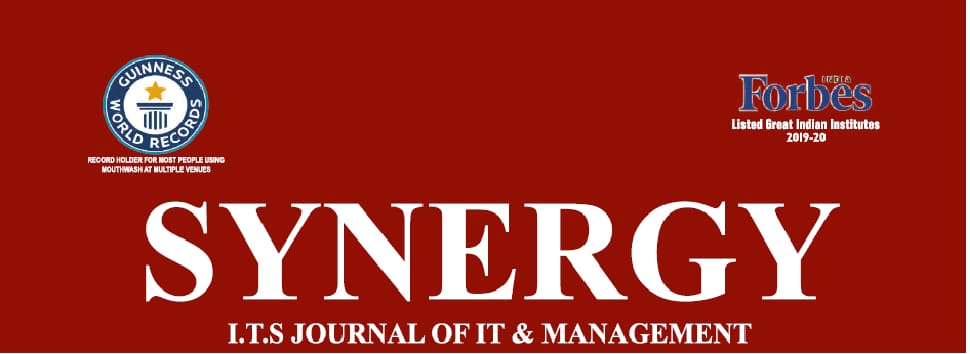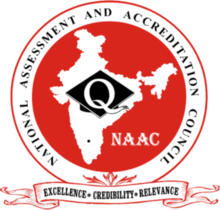Publication Ethics and Malpractice Statements

We, at I.T.S, are committed to uphold the integrity of the academics record and takes all possible measures against publication malpractice. The value of academic publishing relies on everyone involved - editors, reviewers and authors.
Authorship
We expects all published articles to contain clear and accurate attribution of authorship. It is the
responsibility of the author to ensure that all authors that contributed to the work are fairly
acknowledged and that the published author list accurately reflects individual contributions.
Changes in authorship
Requests for changes of authorship must be directed to the journal editor or administrator. Requests for changes in authorship will only be permitted where valid reasons are provided and all authors are in agreement with the change. Post-publication changes to authorship will typically be made via a published correction.
Article submission
We take every effort to ensure that editors, peer reviewers, and journal administrators treat all submissions respectfully, in confidence, and in accordance with ethical guidelines. We expect that all individuals submitting manuscripts to abide by established publishing standards and ethics. In proven cases of misconduct, the action taken could result in one or more of the following:
- Retraction of published work.
- Publication of a correction or statement of concern.
- Refusal of future submission.
- Notification of misconduct sent to an author’s institution, superior, and/or ethics committee.
Redundant publication (dual submission or publication)
We also encourage editors and journal administrators to keep a clear record of all communications between authors, editors, and peer reviewers regarding the submissions they handle. These records are carefully stored and may be used to facilitate investigations into possible cases of misconduct. Where necessary we will contact and/or co-operate with other publishers and journals to identify cases of redundant publication.
Plagiarism
We evaluate submissions on the understanding that they are the original work of the author(s). We expect that references made in a manuscript or article to another person’s work or idea will be credited appropriately. Equally we expect authors to gain all appropriate permissions prior to publication.
Re-use of text, data, figures, or images without appropriate acknowledgment or permission is considered plagiarism, as is the paraphrasing of text, concepts, and ideas.
Defamation
Whilst striving to promote freedom of expression wherever possible, we aims to avoid publishing anything that harms the reputation of an individual, business, group, or organization unless it can be proven to be true. We take all possible measures to ensure that published work is free of any text that is, or may be considered to be slanderous or defamatory.
Editors
We expect “Synergy” journal editors to declare competing interests at the point of agreeing their position and update them annually.
Editors are required to recuse themselves from individual manuscripts if they themselves have a potential conflict of interest and to avoid creating potential conflicts of interest through assignment of handling editors or peer reviewers.
Referees
We encourage editors and journal administrators to consider potential conflicts of interest when assigning reviewers. Some journals include wording in their invitation to review stating that acceptance of the invitation implies no financial or competing interest. Where a reviewer declares potential conflict of interest the editor should select alternative reviewers. Failure to declare conflict of interest may result in removal of the reviewer from the journal database.
Fair editing and peer review
We encourages all participants in the publishing process to adhere to established principles of ethical publishing. This extends from authors to journal editors, reviewers, journal administrators, and publishing staff.
Editorial independence
Editors have full editorial independence. We have clearly defined processes and policies for the handling of contributions by the editor or members of the editorial board to ensure that, where appropriate, these submissions receive an equivalent level of peer review to any other submission.


 Admission 2021
Admission 2021

